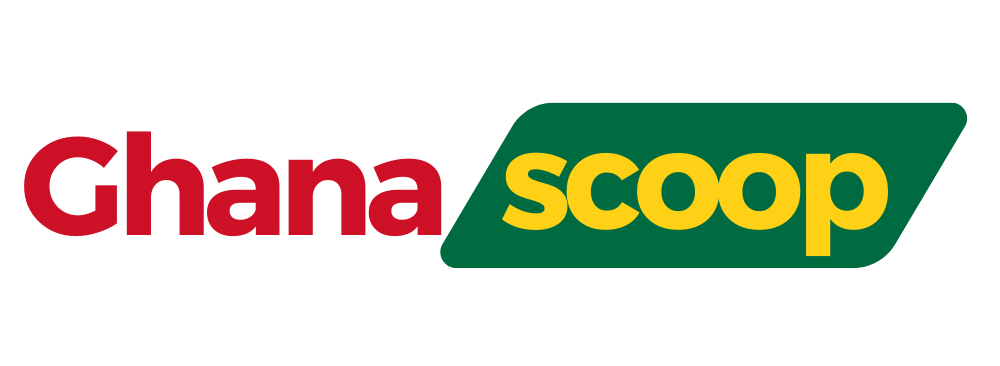Professor Godfred Bokpin, a Professor of Finance at the University of Ghana Business School, has called for the strengthening of Ghana’s fiscal institutions as a key step toward resolving the country’s persistent debt challenges.
Speaking at the launch of the Sustainable Debt Management in Ghana report by the Economic Governance Platform (EGP), Prof. Bokpin commended recent reforms to the Fiscal Council but stressed the need for it to be more than a symbolic entity.
“The Fiscal Council must not exist only on paper. It should have a clear legal mandate, operational independence, and the authority to evaluate fiscal risks, assess policy credibility, monitor debt targets, and ensure compliance with fiscal rules. It must also support Parliament with independent debt analysis.”
The report, funded by Open Society Africa and hosted by the Ghana Anti-Corruption Coalition (GACC), examines Ghana’s current debt landscape and proposes practical policy measures to improve parliamentary oversight, civic participation, and public sector accountability.
Prof. Bokpin emphasized that effective fiscal oversight institution such as Parliament, the Economic and Organised Crime Office (EOCO), and the Office of the Special Prosecutor (OSP, must be adequately empowered to monitor the use of public funds for sustainable economic outcomes.
“The issue is not about borrowing per se; every serious country borrows. The real issue is how we use those borrowed funds,” he stated.
“We must direct loans toward growth-enhancing investments and enforce accountability.”
Prof. Bopkin also urged government to improve domestic revenue mobilization, cut back on excessive tax exemptions, and implement a more progressive tax regime.
“Our over-reliance on indirect taxation disproportionately burdens the poor, especially women working in the informal sector,” he noted.
Mrs. Beauty Emefa Narteh, Executive Secretary of GACC, launching the report highlighted the role of the media in promoting debt management by empowering the citizenry to demand transparency and accountability to promote development.
She thus called on journalists to use the report as a powerful resource to educate, inform, and shape public discourse around the country’s debt management.
“In an environment dominated by NDC-NPP narratives, the media must remain independent and drive fact-based, people-centered reporting. If we don’t ask the right questions, change won’t happen.”
The Coordinator of the Economic Governance Platform, Abdulkarim Mohammed noted that despite receiving at least 17 IMF bailouts since independence, Ghana still lacked a robust debt management framework.
“Each time we face an economic crisis, unsustainable debt accumulation is at the heart of it and this report is our contribution to ending this cycle of repeated mistakes.”
Mr Mohammed stated that the report, concentrating on areas including debt accumulation, legal and institutional frameworks, and issues of accountability and transparency, also offered a consolidated, evidence-based analysis with actionable recommendations on Ghana’s debt management.
He urged civil society organizations to use the report as an advocacy tool to push for transparency and accountability in public finance saying, “we believe this report will spark policy dialogue and serve as a foundation for reform and strategic planning.”
BY ABIGAIL ANNOH
The post Sustainable debt management report launched in Accra appeared first on Ghanaian Times.
Discover more from Ghana Scoop
Subscribe to get the latest posts sent to your email.




